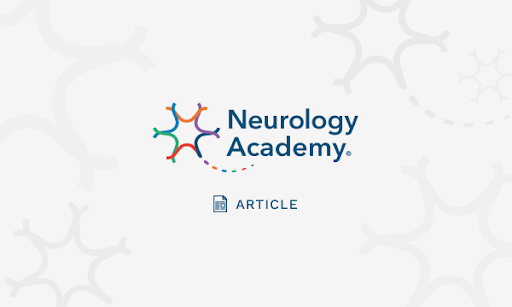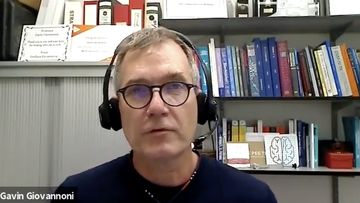'No person left behind': the current situation and a vision for the future
KnowledgeRaising the Bar has a vision of 'no person left behind.' Yet we know that we are a long way from this at present.
At Raising the Bar for MS 2020, we heard from Saúl Reyes, one of the Social Determinants of Health (SdoH) workstream leads, that a lower socio-economic status and older age were both linked to poorer uptake of disease-modifying treatment. He also shared data that those with MS who had a socio-economic status (SES) of 'most deprived' had proportionately more emergency admissions.
(With thanks to Biogen for supporting the data sourcing of the slide shown.)
Latest SDoH data for MS
Earlier this year, the MS Society reported the outcomes of their My MS, My Needs survey from 2019. Of the 8,000 people with MS who responded, 15% said that they were struggling on their current household income.
Of those struggling, 58% felt their health had deteriorated, one third had either had to reduce their working hours or stop entirely, and 12% had needed hospital treatment.
A huge 65% had felt lonely or isolated, which we know is incredibly detrimental to overall health, and linked to a variety of physical and mental conditions including hypertension, cardiovascular problems, poor immune system, mental health problems and cognitive decline (My MS, My Needs, MS Society; 2020).
Those struggling on their current income were also less likely to have access to the services and support that they need (fig 1). Those with an annual household income less than £25,000 (less than the median UK average) were less likely to have seen a neurologist, to be on treatment or get the physiotherapy they need than those with higher incomes.
Figure: taken from My MS My Needs 2019 depicting figure 10 of their report:
(My MS, My Needs 2019; 2020)
Regarding employment, 22% of the 8,000 respondents who had retired early or left work entirely as a result of their MS said they wanted to stay in work, but were unsupported by their employer to do so.
COVID's impact
COVID-19 has had a huge impact on our society, and we know that those from poorer socio-economic backgrounds have been hit hardest, both in terms of their increased likelihood to develop a more severe form of the disease, and with regard to the financial impact of furlough or job loss.
An additional MS Society survey of 2,000 people with MS conducted during lockdown (‘Life in Lockdown’) found that, of those that were in employment before lockdown, 29% had had their pay or hours of employment reduced. One fifth of respondents felt there would be a short-term impact on their finances, but more than 1 in 10 thought this negative financial impact would be long-lasting.
Activity for change
The workstream is keen to see screening for social determinants of health included in the routine assessment of people with MS. Opportunistic identification of risk factors and liaison with other health care professionals including GPs and community teams is vital.
We need to understand how social determinants are being assessed and managed by our MS teams around the country; please respond to theSDoH survey.
Find out more about the workstream, or watch Saúl's presentation at Raising the Bar.
Related articles
Encouraging excellence, developing leaders, inspiring change
MS Academy was established in 2016 and in that time has accomplished a huge amount with exciting feedback demonstrating delegates feel inspired and energised along their personal and service development journeys. The various different levels of specialist MS training we offer are dedicated to case-based learning and practical application of cutting edge research.

